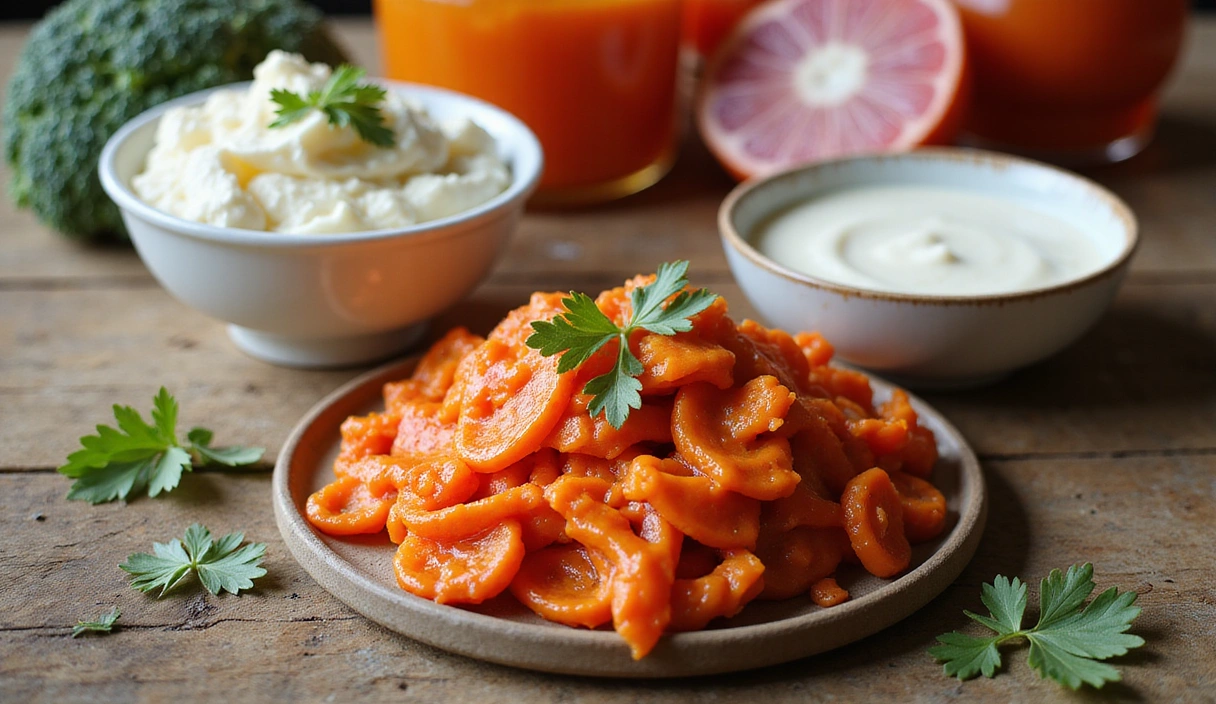The Power of Probiotics: Boosting Your Gut Health

In the ever-evolving landscape of health and wellness, one term consistently surfaces as a cornerstone of good health: probiotics. Often misunderstood, these microscopic heroes play a monumental role in maintaining our overall well-being, particularly our gut health. But what exactly are probiotics, and why are they so crucial?
What Are Probiotics?
Probiotics are live microorganisms, primarily bacteria and yeasts, that, when administered in adequate amounts, confer a health benefit on the host. Think of your gut as a bustling city, and these probiotics are the beneficial citizens tirelessly working to keep everything running smoothly. They are found naturally in fermented foods and can also be taken as supplements.
The human gut hosts trillions of microorganisms, collectively known as the gut microbiota. This complex ecosystem is vital for digestion, nutrient absorption, and even immune function. When the balance between beneficial and harmful bacteria is disrupted – a state known as dysbiosis – it can lead to various health issues, from digestive discomfort to more systemic problems. Probiotics help restore and maintain this delicate balance.
Key Benefits of Probiotics
The benefits of a healthy gut microbiome, supported by probiotics, extend far beyond just digestion. Here are some of the most significant advantages:
- Improved Digestive Health: Probiotics aid in breaking down food, absorbing nutrients, and synthesizing vitamins. They can alleviate symptoms of common digestive disorders like irritable bowel syndrome (IBS), constipation, and diarrhea.
- Enhanced Immune Function: A significant portion of our immune system resides in the gut. Probiotics help strengthen the gut barrier, preventing harmful substances from entering the bloodstream, and modulate immune responses, making us more resilient to infections.
- Weight Management: Emerging research suggests a link between gut microbiota composition and body weight. Certain probiotic strains may influence metabolism and fat storage, potentially assisting in weight management efforts.
- Mood and Mental Health: The gut-brain axis is a fascinating area of study. Probiotics can influence neurotransmitter production (like serotonin, a key mood regulator) and reduce inflammation, which has implications for anxiety, depression, and overall cognitive function.
- Skin Health: The gut-skin axis is another area of growing interest. By reducing systemic inflammation and improving gut barrier function, probiotics may help manage skin conditions such as acne, eczema, and psoriasis.

Sources of Probiotics
You can incorporate probiotics into your diet through various delicious and nutritious foods or opt for supplements:
Fermented Foods:
- Yogurt and Kefir: Dairy products fermented with live bacterial cultures are excellent sources. Look for labels that specify "live and active cultures."
- Sauerkraut and Kimchi: Fermented cabbage dishes that are rich in probiotics, vitamins, and fiber.
- Tempeh and Miso: Fermented soybean products popular in Asian cuisine, offering both protein and probiotics.
- Kombucha: A fermented tea drink known for its tangy flavor and probiotic content.
- Pickles: Naturally fermented pickles (not those made with vinegar) can also provide beneficial bacteria.
Probiotic Supplements:
If dietary sources are insufficient or if you have specific health concerns, probiotic supplements can be a convenient option. When choosing a supplement, consider:
- Strain Diversity: Different strains offer different benefits. A multi-strain supplement can be more comprehensive.
- CFUs (Colony Forming Units): This indicates the number of live organisms per dose. Higher CFUs generally mean more potency.
- Shelf Stability: Some probiotics require refrigeration, while others are shelf-stable.
- Specific Health Needs: Consult with a healthcare professional to determine the best strain and dosage for your individual needs.
"The gut is often referred to as our 'second brain' for good reason. Nurturing its health with probiotics is a fundamental step towards holistic well-being."Dr. Anya Sharma, Lead Nutritionist at NutriLife Indonesia
Incorporating Probiotics into Your Daily Routine
Making probiotics a regular part of your diet is easier than you think. Start by gradually introducing fermented foods. A serving of yogurt with breakfast, a side of kimchi with lunch, or a glass of kefir as a snack can make a significant difference. Pay attention to how your body responds and adjust accordingly.
Consistency is key when it comes to probiotics. Their effects are often cumulative, so regular intake is more beneficial than sporadic consumption. Remember, a balanced diet rich in fiber (prebiotics, which feed probiotics) also supports a thriving gut microbiome.
Conclusion
Probiotics are not just a health trend; they are essential allies in our journey towards optimal health. By understanding their role and actively incorporating them into our lives, we can empower our bodies to function better, from digestion and immunity to mood and skin health. Embrace the power of probiotics and unlock a healthier, happier you.